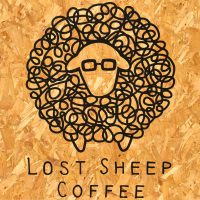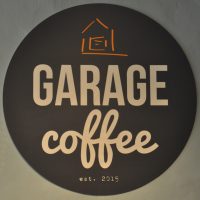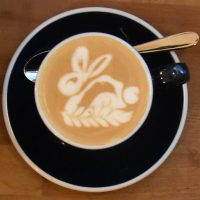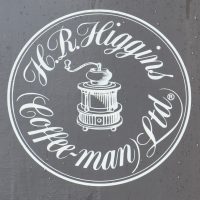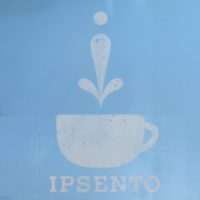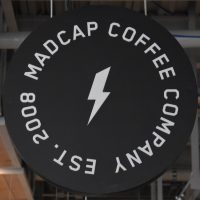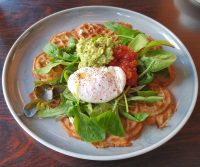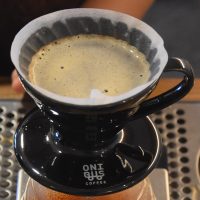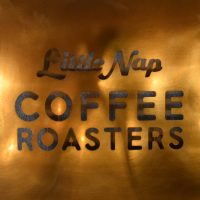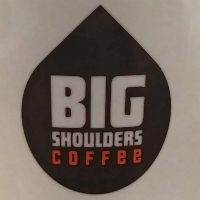 I first came across Big Shoulders a little over a year ago, when I spotted the Gold Coast branch, directly opposite Tempo Café, one of my favourite Chicago brunch spots. Although it had been around as a roaster since 2009, it was only recently that Big Shoulders had started opening its coffee shops. At the time of writing, Big Shoulders has seven locations, including today’s Coffee Spot, on West Lake Street in the Loop. I managed to visit it during the same trip that I discovered the Gold Coast coffee shop and returned when I was back in Chicago in May this year.
I first came across Big Shoulders a little over a year ago, when I spotted the Gold Coast branch, directly opposite Tempo Café, one of my favourite Chicago brunch spots. Although it had been around as a roaster since 2009, it was only recently that Big Shoulders had started opening its coffee shops. At the time of writing, Big Shoulders has seven locations, including today’s Coffee Spot, on West Lake Street in the Loop. I managed to visit it during the same trip that I discovered the Gold Coast coffee shop and returned when I was back in Chicago in May this year.
Big Shoulders roasts all the coffee, with a house blend, single-origin and decaf on espresso, served from a fairly concise menu, including cortado, flat white and cappuccino/latte options (the last two available in small and large). There’s a choice of filter options, with one single-origin on batch brew (“fast drip” on the menu) and another on pour-over (termed “slow coffee”, which I rather like), prepared using a V60 on the Modbar automated pour-over system. There are also cold brew and nitro options, plus a selection of tea and a range of breakfasts sandwiches and cakes if you’re hungry.

